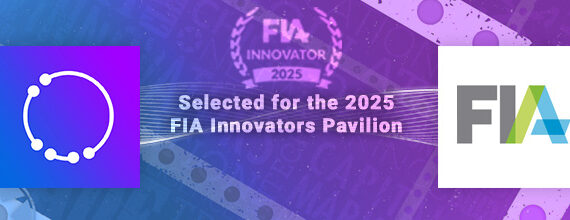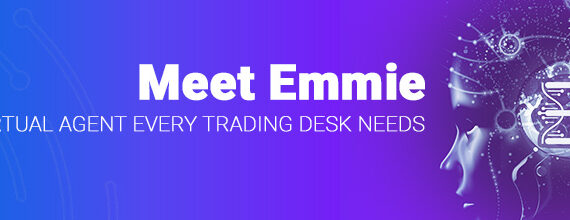Virtual agents are no longer a trend to watch — they’re already here, embedded in messaging platforms, order management systems, CRMs, or compliance tools. But there’s still a major gap between a tech demo and everyday use: the gap of adoption.
How can you effectively integrate an intelligent agent into your operations?
How do you adapt your methods, roles, and responsibilities to create real value?
At Terranoha, we don’t believe in generic promises. We support companies in the scaling phase — when the agent becomes a trusted operator, not just a prototype.
1. A virtual agent is not a voice assistant
Many still picture virtual agents as chat interfaces. But the real value lies elsewhere: in their ability to understand naturally expressed requests, connect them to real workflows, and deliver measurable, traceable, and useful actions.
A good agent doesn’t just respond. It acts.
2. Integration ≠ complexity
There’s a common belief that adopting an intelligent agent means overhauling everything. In reality, the opposite is true. A well-designed agent adapts to your environment — not the other way around:
-
It reads emails,
-
It operates via Teams or Telegram,
-
It feeds databases,
-
It triggers the right files in the right format.
No need to rebuild your stack — just provide a well-defined entry point.
3. Success is cultural, not technical
The real challenge isn’t in the code — it’s in the usage.
An agent is useless if no one calls on it, or if it’s perceived as a surveillance tool. Integration must come with a clear operational framework:
-
Who owns it?
-
Who supervises it?
-
What’s delegated, and what remains in human hands?
That clarity is what drives adoption.
Our belief: agents must be useful, visible, and controllable
With Emmie, we deploy business-grade agents that require no heavy infrastructure or overpromising. They integrate where your teams already operate, take over what slows you down, and leave you in control of what matters.
A well-designed agent doesn’t replace people — it empowers them.
And that’s the mindset we bring to every layer of our AI solutions.




















